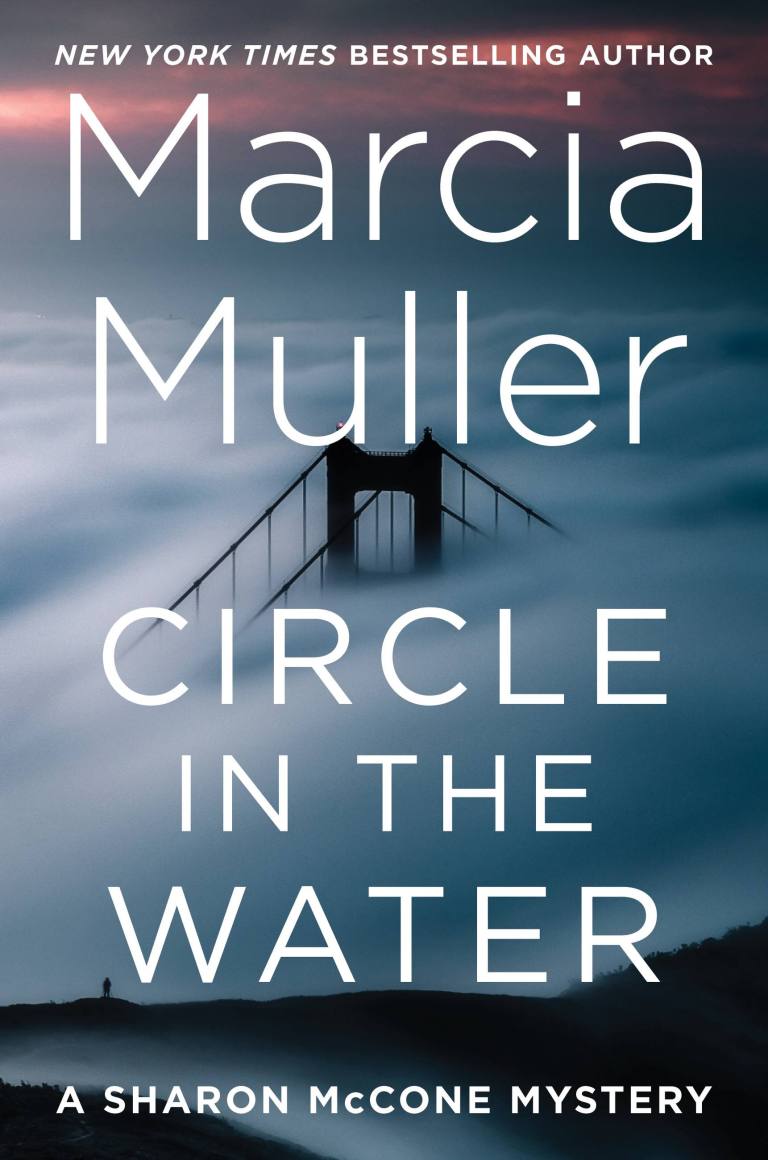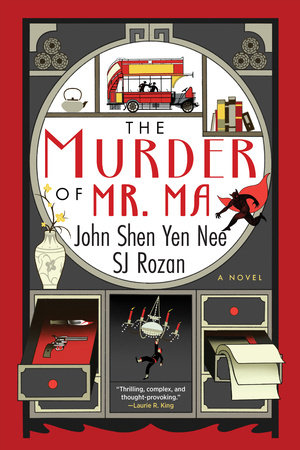Nashville. I can't blame you if you just pictured somebody toting a guitar under some spotlight. The travel guides, the airport swag, the TV coverage and dramas, you would think what goes on here is a-pickin', a-boozin', and a-Goo Goo Clusterin'. And in fairness, that does go on. But, having lived decades here, I can offer a perspective for writing like a local--or, if you're coming to the Nashville Bouchercon next month, to glimpse past the hoo-hah.
MUSIC CITY
Nashville gets called a holy city for music, and it is. But to tackle the obvious, there are not jeaned-up folks ambling around with guitars slung over their backs. Paying dues involves driving for Lyft or waiting tables or having an office job. It's darn impractical to be spreadsheeting with your Gibson slung over your shoulder. Getting it scratched up, too.
I've had aspiring artists as co-workers and once a caterer. A retired top 40 artist has lived next door. Some guy in my current neighborhood has a gold record conspicuously placed where no passerby will miss it. It just happens here. Sometimes.
And there isn't one music scene but several. Blame the Nashville Sound– or lack thereof. Since Music City's very beginning, label executives have watered down talent for country radio. If it'll play, it plays– no nuance, no vision, no women artists twice in a row.
The music sub-scenes are thriving. Americana, alternative, second-act rockers, the works. A wonderful part of living here is experiencing the musicianship. Live acts in restaurants aren't as common as they used to be, but when you stumble on one, it's gonna be good, even when the style might not be your cuppa. The few of those artists who break out are 100% committed to their craft– or 100% lucky.
Or you can write the Nashville with no music angle at all. The music industry contributes about $10 billion to Nashville's GDP. The tourism industry adds another $10 billion. Nashville's total GDP is $200 billion. Healthcare, manufacturing, and increasingly high-tech contribute far more to the economic high times. No local over thirty goes to Lower Broadway anymore. Preds games and concerts, sure. But Lower Broadway? That's for tourists.
FRONT OF HOUSE
Rockers come here to record when they're hot, and they come here to live when, well, they're not (I blogged about this back in March). A big reason for that is Nashville's quieter life. It's an unwritten but firm Nashville rule: It doesn't matter who is ahead in line at Kroger. Do not approach. Don't. They're just there for Hot Pockets, same as you.
The exception: You own the business or work front of house. Around many local dives or dry cleaners or even the HillVill Post Office is that obligatory wall of autographed headshots, everyone from country gold names to wannabes who probably tacked it there themselves. An interesting Nashville character is someone rubbing those transactional elbows.
Letting people do their thing is the phenomenon known as…
NASHVILLE NICE
Nashville folks are super friendly. We dole out praise and thank yous for the slightest things. We will hold doors, tongues, and spots in line. We refrain from horn honking, even when the light has been green. Nashville Nice is the slang term.
The nice is real. But, like most Southern hospitality, it can be lipstick on a pig. This is, after all, a city with a problematic history on civil rights. Courtesy can mean avoiding such uncomfortable subjects. Kindness means having to fix them.
Nashville Nice is complicated in practice. This being the Buckle of the Bible Belt, take for example the Christian set's "have a blessed day." It works a little like "bless your heart" except (1) it's a goodbye and (2) it can actually be sincere. The person may wish you only the best, or they may have attempted a singsong-y parting burn. You know, like Jesus would've done.
OH, THERE WILL BE BACHELORETTES.
Break out the White Claws, y'all. Downtown Nashville is the U.S. capital of bachelorette parties. 30,000 parties a year, my friends, or more than 500 downtown on any given Saturday. They flock from all over, these young white ladies and their boundless desire to celebrate treasured bonds ahead of a friend's sacred event get very, very drunk. Sloppy drunk, the stupid drunk laced with questionable decisions no one dares risk where everyone knows your name.
They're called the Woo Girls, for the species' distinctive hollers above the Nashvegas honkytonk sound assault. And while drinking, they ride any tavern that can be pedaled, driven, or tractor-pulled. Some of the contraptions even have licenses. To be a local, you've come to grudging terms with transportainment spectacles– and traffic jams.
Downtown is slap-happy to rake in the Woo bucks. It's just Broadway's latest wave in sin and itinerants since Fort Nashborough put up the first shacks. Writing a local who'd seen wild times? Happens seven nights a week and afternoons, too, at the neon spectacle of Lost Edge Hat Act's four-story, booze and boot-scoot emporium.
THANKS A LOT, CALIFORNIA
Housing costs have been a growing issue already, with more demand than supply. What's happened lately is a second-wave influx, tens of thousands of West Coast and Florida buyers resetting the market. The expats get a larger house for less money. The sellers get a short-term windfall, if they can afford a replacement. Younger people looking for a first home get left behind. A realistic Nashville character these days wouldn't live near central Nashville unless they had a significant source of income or a crash pad of multiple roommates.
UNIQUELY NASHVILLE, THE LIGHTNING ROUND
- Jell-O.It's officially a vegetable here, as is macaroni and cheese. It's a meat-and-three culture thing.
- Pancake Pantry: The breakfast and brunch institution, as televised. Now with other places to dine and be seen, locals don't quibble about the food (legit good) but about whether it's worth the line. It mostly feeds tourists and hangovers.
- Parthenon: Yes, we have our own Parthenon. A whole World Exposition thing. Most people go to Centennial Park for craft fairs and dog meet-ups. The swans there are vicious and shameless.
- Smashville: Believe it or not, the Preds hockey team generates legit buzz around town, almost as much as the Titans. Every game night is part of the downtown party.
- Little Kurdistan: Nashville is home to many, many folks from Latin America, South Asia, and also one of America's largest Kurdish communities. If you get off the beaten path, you'll see an unexpected diversity, and Nashville is better for it.
- Cityscape: Officially, the most distinctive feature on Nashville's skyline is the AT&T Building. No local calls it that. It's the Batman Building, for its bat-eared radio towers.
THE ULTIMATE TEST: CAN YOU SAY… DEMONBREUN
A certain major street cuts from the Midtown knolls over the Gulch and on downhill for the Cumberland. Demonbreun Avenue is the name, but whether you can pronounce it is the question. Failure brands you a rube. Success keeps you in the game, at least until you question Jell-O as a vegetable.
This didn't used to matter as much. Demonbreun used to be the seedy shortcut downtown, a lesser traveled run past aging motels and strip clubs. These days, Demonbreun is a glossy strip with some of Nashville's top attractions: The Frist Museum, the Bridgestone Arena, the Music City Center, the Country Music Hall of Fame, the Schermerhorn Symphony Center– and all of that built since I moved here. Demonbreun is Nashvegas now, the natural habitat of Woo Girls on wheels.
Ready to practice? Here you go:
dah - MUHN - BREE - uhnn
Work on it. You'll get there. But hey, don't worry too much about mispronunciation. We're still nice to rubes, bless their hearts.






























